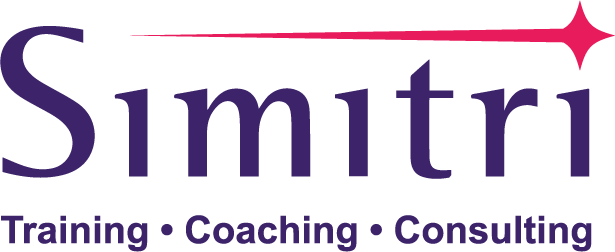A new report released by Randstad and Future Workplace entitled Gen Z and Millennials collide at work paints an detailed picture of how multiple generations collide and interact in the workplace. As millions of Baby Boomers retire and Gen X advances up the ladder, Millennials are now taking on many key management roles. Also entering the workforce are members of Gen Z (those born between 1994 and 2010). Gen Z can in many ways be considered an exaggerated version of the Millennial generation - with some differences. As these generations interact in the workplace, the Randstad report highlights some potential areas of conflict, and opportunities for development and collaboration. Millennials in management
According to the study, Millennials are generally not well equipped to manage others in the workplace. Making matters worse, when Millennials oversee members of other generations, particularly Baby Boomers and Gen X, the problems stemming from inexperience are amplified. This reality has led to measurable increases in dissatisfaction and turnover, leading to what Randstad describes as a “serious crisis”.
83% of survey respondents have seen Millennials managing Gen X and Baby Boomers in their offices. Among the older generations is a feeling that their younger managers are not qualified or prepared for their managerial position. For example, 45% of older respondents felt that their younger managers’ lack of managerial experience could have a negative impact on their company. Meanwhile, 44% of Millennials reported that they felt their generation was the best generation to lead in the workplace. Only 14% of all survey respondents agreed with this sentiment.
Related are some hints toward feelings of inadequacy among Millennials - only 27% of whom reported that their personal skills in dealing with corporate politics were adequate. Preparation for management roles may also be impacted by the fact that only 28% of Millennials reported that their current job relates well to what they studied in their education.
Gen Z are digital natives
Since Gen Z has grown up with technology, many younger members have never known a world without mobile devices or the internet. As a result, digital mediums are an obvious component of engaging and interacting with Gen Z. According to the study, Gen Z have high expectations for digital connectivity. Companies who see the most success are those who allow access to social media and other technologies and have a culture in which their workers can challenge established norms and assumptions around the use of technology in the workplace. Digital technology will certainly play a greater role in engaging, retaining and training members of Gen Z in the future.
Collaboration is still key
Despite their attachment to technology, the younger generations still see face-to-face collaboration as the preferred way to work with their teams. 39% of Millennial and Gen Z survey respondents reported that the most effective communication takes place in person, and that this kind of collaboration is a means of producing their best work.
Regular collaborative interaction also has implications for performance management. For Millennials and Gen Z, gone are the days of the annual performance review. Instead, the rising generations lean on feedback delivered either daily (19%) weekly (24%) or other regular intervals (23%). For these groups, annual reviews now only account for 3% of cases.
Millennials and Gen Z both reported that the best way for their managers to engage with them and help them deliver their best work were: by listening and valuing their ideas and opinions (51%) and by mentoring and giving quality feedback regularly (46%). Organisations seeking to draw on effective collaboration should zero in on these kinds of interactions between generations in order to get the most out of their teams.
Development opportunities for your multigenerational team
When it comes to the aspects in which Millennials reported their educations did not prepare them for their current jobs, the following areas stood out:
- 29% resolving conflicts
- 28% negotiating
- 27% managing other people
- 22% working with older people
- 22% working in a team
Finally, summarising the report are some key recommendations that may increase effective development of Millennial managers and entering Gen Z.
From the report - Successful organisations today and in the future will need to implement important workplace processes and programs including:
- Collaboration: Collaborative tools and processes to fulfil the expectations of Gen Z and Millennial generations, while seamlessly integrating them into existing workflow to maximise workforce performance
- Career advancement: Frequent and abundant professional development and career advancement opportunities
- Financial stability: Shoring up of wage disparities and providing employee recognition and rewards that deliver younger generations the financial stability they desperately seek
- Technology: Integration of the social and emerging technologies that will satisfy Gen Z and Millennial desires for such tools, while enabling more productivity and less distraction
- Managerial training: Talent assessment and development initiatives for Millennial managers so they may effectively perform and succeed in their valuable roles
- Work/life balance: Formal work/life balance programs that will help younger generations manage workplace stress
We highly recommend that you download and read the entire report, which can be found at the Randstad website.
